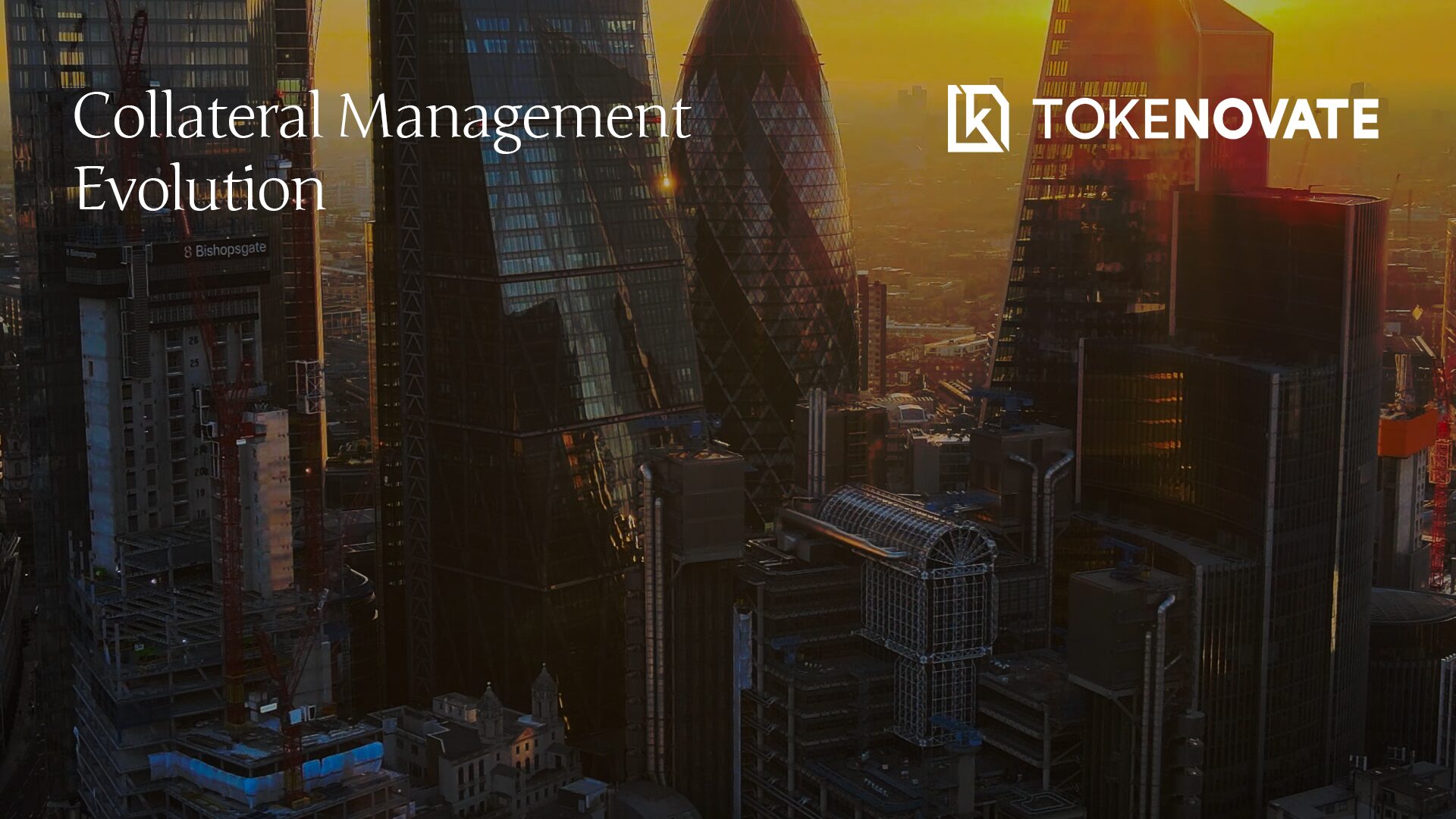The original intent of carbon offsetting is valiant. And the content of the Paris climate agreement is still valid, with many ground-breaking projects underway to deliver on its implicit promise. However, the emerging market solutions and implementations addressing greenhouse gas emissions are “chaotic and dysfunctional” and “an overhaul is overdue”. At least, that’s the conclusion The Guardian draws in its powerful Editorial on April 2. From greenwashing to carbon pirates, the issues surrounding the best way to address climate change via market mechanisms are manifold.
On March 29, The Integrity Council for the Voluntary Carbon Market (ICVCM) – an independent governance body – launched an updated set of core carbon principles (CCP) and a new framework for thresholds on disclosure and sustainable development for high-integrity carbon credits and establishing a pathway towards even higher ambition. These principles are based on the latest science and best practises, gathered through a public consultation from hundreds of organisations. The objective is clear. In the words of Annette Nazareth, ICVCM Chair:
“The CCPs and Program-level criteria we are issuing today are an important step towards a transparent, regulated-like market where buyers can easily identify and price carbon credits that meet consistently high-integrity standards that will also increase ambition over time”
Key criteria listed in both the ICVCM programme and The Guardian’s analysis that will enhance and expand efficient market solutions are effective governance, trust, transparency and integrity, independent validation and verification of carbon credits and their trading.
Let us dig a bit deeper into a few topics relevant to this.
First, what should the baseline standard for Voluntary Carbon Credits (VCC) be? Without doubt, trust is integral to success, which means that, to start with, no “bad” carbon credits can exist. In addition, all carbon credits should either remove or abate one tonne of CO2. If you adhere to “no bad credits” and the one-tonne goal, then you should be eligible to apply for an industry-accepted “certificate”.
Second, we must also accelerate higher quality removal or abetting legal contract structures. A suitable reward and incentive mechanism should be made available that makes high-quality carbon syncs viable, and that deliver absolute benefits for local communities in countries that manage and protect around 40% of the planet’s ecologically intact landscapes and into countries who are in need of substantial financial support to implement climate commitments that everyone benefits from.
We are all aware of why this is important in terms of protecting the planet. But there is another angle to consider as well: the global carbon market is on the brink of becoming the “next big” commodity asset class, and with that comes commercial opportunities that can help accelerate adoption. The Paris agreement set the goal to reduce the current 50 giga-tonnes per year of global carbon emissions by 50%. This equates to the removal of 25 billion tonnes by 2030, which on an emissions basis is the same size as the current global oil and gas markets. With over 100 nations signing up to these emission reductions, we are poised to see a broad diversity in project specifications and significant arbitrage in trading products globally. Minimum standards, complete transparency and traceability, and a digital first approach must form the foundation for this emerging asset class.
And this is where Tokenovate’s distributed financial market infrastructure platform, with the blockchain as a core ingredient, can help to address these key challenges and criteria through standardised and automated solutions for lifecycle event management, including carbon credit derivatives.
Get in touch with us if you want to learn more on how Tokenovate can help you to deliver a more transparent and immutable carbon credit trading solution.
Sources:
The Guardian: https://www.theguardian.com/commentisfree/2023/apr/02/the-guardian-view-on-carbon-offsetting-an-overhaul-is-overdue
ICVCM: https://icvcm.org/integrity-council-launches-global-benchmark-for-high-integrity-carbon-credits/
Image by Freepik


